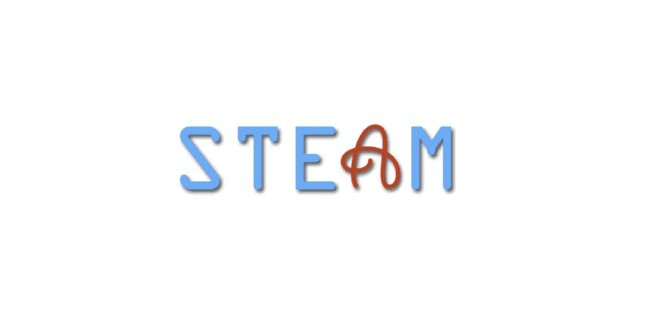I am pleased and proud to announce that Mike DeSchryver recently defended his dissertation, titled:
Toward a Theory of Web-Mediated Knowledge Synthesis: How Advanced Learners Used the Web to Construct Knowledge about Climate Change Behavior
This is an excellent piece of research pushing new boundaries in our developing understanding of the process of learning from the Web.
I see this research contributing not just to the evidence on how people learn but also to practice and pedagogy. I think the most significant contribution is his articulation of the idea of “creative synthesis” in reading—as expert readers actively work across a “creative stew” developed from multiple texts and ideas through repurposing, meaning-making, and in-the-moment-insights. Though the full dissertation is not available at this time you can get a sense of the scope and findings of his study through this abstract.
This dissertation utilized a multiple case study design to explore how advanced learners synthesize information about ill-structured topics when reading-to-learn and reading-to-do on the Web. Eight graduate students provided data in the form of think-alouds, interviews, screen video, digital trails, and task artifacts. Data analysis was based on abductive coding, first examining synthesis through the theoretical lenses of reading comprehension, Cognitive Flexibility Theory on the Web, and creativity, followed by a constant comparative exploration of emergent phenomenon in the data. The empirical findings from this study provided the foundation for a Theory of Web-mediated Synthesis comprised of interdependent elements – divergent keyword search phrases, synthesis for meaning, in-the-moment insights, repurposing, reinforcement and note-taking – which together lead to creative syntheses. Illustration and elaboration of these elements are provided in the context of two in-depth case studies. In doing so, this dissertation provides a post-comprehension lens through which to better explore and understand generative reading and learning activities on the Web.
Congratulations Mike on a job well done!





0 Comments